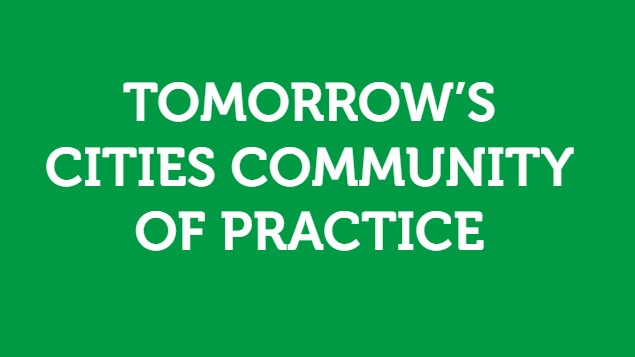
- Close
09/07/2021 | Nairobi
Disaster Risk Management in The Context of COVID-19 Pandemic In Africa

The Sendai Framework and Africa’s Agenda 2063 identify disasters as major threats to the sustainability of development gains and progress. Despite this knowledge, the continent has largely attended to disasters as emergencies rather than threats that require preparedness and/or disaster-proof developmental planning. In the phase of COVID-19, we see a new sense of consciousness towards disasters manifesting in two main ways: Firstly, the pandemic which has taken root in the majority of Africa’s urban centers has somehow embedded itself as a cascade of existing risks in these urban settings that are compounded by poor sanitation, lack of access to clean and adequate water, overcrowding, lack of safe or green spaces for isolation, among others. Secondly, the pandemic has exposed the detriment of these existing disasters such as floods, calling for a clear rethinking of our disaster preparedness as a key agenda in the 2015-2030 SDG pursuit. Many strategic lessons can be learned moving forward. This brief highlights some key lessons for disaster management drawn from the COVID-19 experience and the video can be accessed here. Evidence supporting the insights is inspired by the Tomorrow’s Cities – Urban Disaster Risk Hub supported by the Global Challenges Research Fund (GCRF). The various thoughts were synthesized through a webinar session convened under the Africa Research and Impact Network (ARIN).



